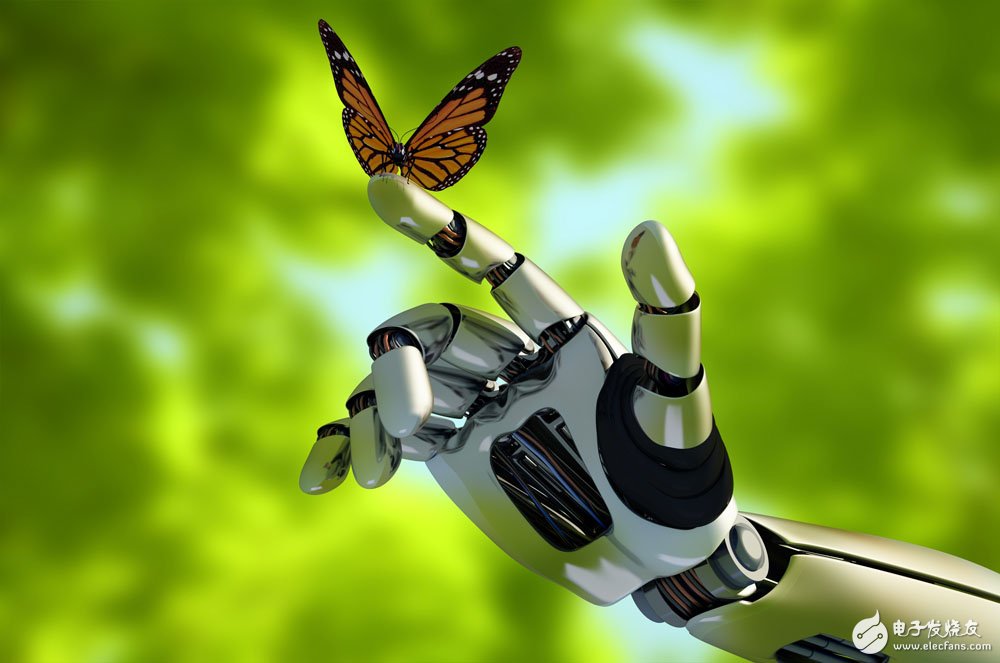Thick Film Resistor is one of the fixed resistors made of thick film, which with the max working voltage up to 45KV and the max related power up to 50W. Thick Film Resistor,Hv Thick Film Resistor,High Power Resistor,High Voltage Tubular Resistor XIAN STATE IMPORT & EXPORT CORP. , https://www.capacitorhv.com
"Now robots have become a strategic high-tech that countries all over the world are competing for, because robots will change our manufacturing model and lifestyle." Tan Jia, dean of the Hong Kong University of Science and Technology, said to the news, "Big data and labor." In the future, intelligence must be integrated in all walks of life, and drive the development of the industry. We are also very happy to see that the big data products represented by Tencent WeChat and Dajiang UAV are far ahead of Hong Kong, Europe and America. Some Western technology companies, even some giants, are looking for ideas from Chinese companies."
In the second half of 2006, Wang Wei, who is also a graduate student at the Hong Kong University of Science and Technology, established Dajiang Innovation in Shenzhen. At present, Dajiang Innovation has become the world's largest manufacturer of consumer-grade drones, selling thousands of sales per year for about 1,000. Dollar quadcopter. DJI Innovation is also the first Chinese brand to explore the world of emerging UAV consumer goods. Chris Anderson, founder of DJ's innovative competitor 3DRoboTIcs, commented on Dajiang Innovation, "They are like Apple iOS in the drone field." 
Security issues: Robotics lag <br> <br> China Industry Alliance chairman Slalom Kuitan word robot, in fact, from the point of view of the total world robot to the present, the market is still small. At present, the global average robot density is 0.62%, and China is only 0.3%.
“The robot has been developed for more than half a century. The current global holding capacity is less than 2 million units. In fact, the replacement rate of robots can be neglected. The global average of 99.38% is still homework, and 99.7% of people in China are still working. As an industry, such a small scale is almost negligible," he said.
Many researchers who contacted the reporter believe that the reason is that the robot technology is seriously lagging behind: First, the current industrial robot lacks the perception system, including vision, hearing, etc., the second robot is not smart enough, and a lot of work in the industry depends on Human dexterity, robots do not. Thus, according to human standards, robots are seriously disabled humans and will be excluded from employment. This is the status quo of robotics.
At this level of technology, robots can only do some programmatic and prescriptive work. Work robots that require dexterity can't do it, and work robots with inconsistent work and low standardization can't do it. So in an industry that consumes a lot of labor, robots are almost powerless.
“What is more noteworthy is that robots still have security problems.†Qu Daokui pointed out that robots and humans can't work together now. Robots must work in a cage. This safety limitation puts a lot of work. Excluded.
Despite the rapid development of artificial intelligence supported by big data and AI technology, in the eyes of researchers, the current development of the robot industry is still in its infancy. In Tan Jiayin's view, artificial intelligence will bring a new intelligent revolution to mankind, just like the industrial revolution of the 19th century. In the future, AI will lower the threshold and truly serve everyone, not just a few people and a few institutions.
August 30, 2021